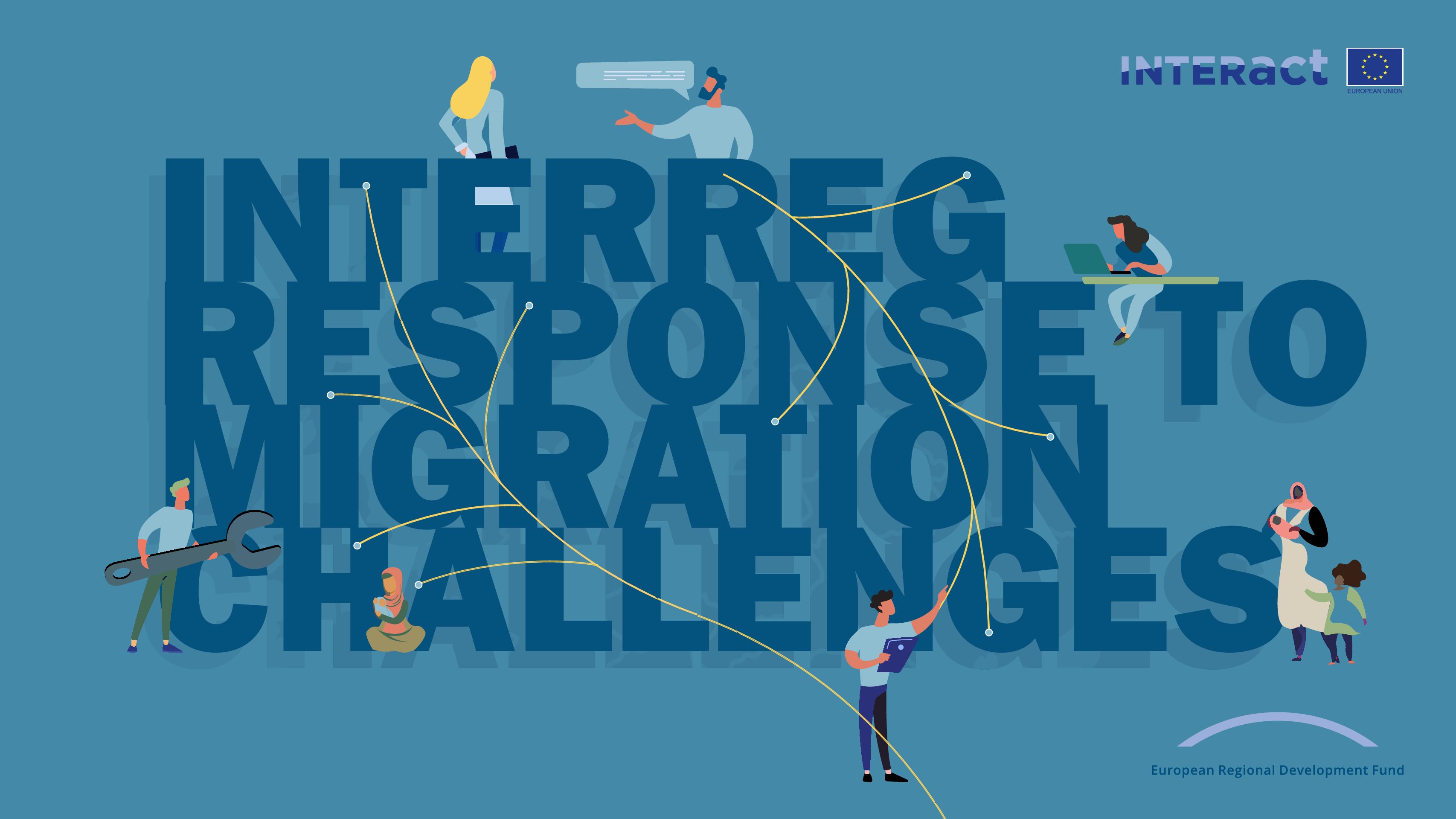New publication: Interreg response to migration challenges
At a time when the European Union is facing a lot of changes, when political dialogue often questions its function, when new European leaders and new priorities are emerging, Interreg has been acting for 30 years to leave no one behind and to build Europe brick by brick.

Interreg response to migration challenges
The aim of this publication is to offer an overview and evidence of Interreg contribution to migration-related challenges through the stories of 18 symbolic and outstanding projects financed by Interreg.
This publication follows the desk research analysis that Interact published in June 2016 and November 2019 in the framework of its Thematic Network “Interreg response to migration-related challenges”
Following the refugee crisis of 2015 and 2016, the EU financial support provided to member states under pressure proved to be essential. It ensured an effective EU response by developing search and rescue capacities, increasing reception capacity and step up returns.
In this regard, the EU has allocated for the management of migration and asylum – under the Asylum and Migration Fund – a budget of EUR 11.3 billion for the next programming period, compared to EUR 7.3 billion for the current 2014-2020. The Asylum and Migration Fund, as in the past, supports the very early integration of migrants and asylum applicants. But it is well known – not only by academia but especially by practitioners – that integration is a long-term process.
Therefore, medium to long-term integration needs are to be supported through the European Social Fund+ and the European Regional Development Fund – also throughout Interreg Programmes – by means of actions focussing on vocational training, education, housing, just to mention a few.
It becomes clear that partnership and cooperation with our neighbours and third countries plays a key role, being an essential component of the European Union’s migration and asylum policy.
